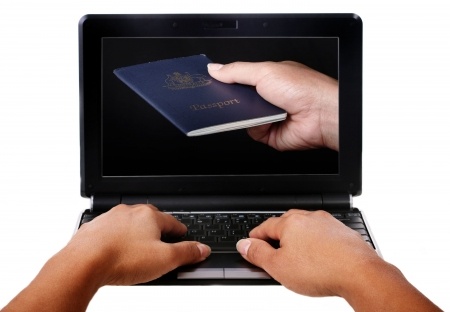Civility is the foundation of civilized society (and not just because of te common derivation of the words). It is how we get along with each other. Civility is treating others with fairness and consideration for their feelings and needs. It is treating others as people worthy of respect and dignity. It is the golden rule: do unto others as you would have them do unto you.
Civility is particularly important in the cyber world. Most human communication is non-verbal. Words alone can be misinterpreted and misunderstood. When you are online, you often don’t see the other person with whom you are interacting. (And when you do the fact that you are talking to a screen removes the direct human to human part of that interaction.) Civility helps minimize misunderstandings and disrespect. As a member of the cyber community, your kid should behave with civility toward their cyber neighbors. This means a couple of different things.
Politeness. Politeness is about respect. It is about courtesy. Whether and how you greet other people upon meeting them will let them know you consider them a person worthy of respect. Farewells demonstrate you consider someone to be a person worthy of acknowledgement. Saying “please” and “thank you” are ways to be gracious for what someone else has done for you. Allowing someone to speak without interruption is a common courtesy (regardless of how wrongheaded or misguided the person is). Apologizing when you screw up or misspeak shows that you consider the other person’s feelings to be important and legitimate. There are lots of behaviors that human cultures have developed to avoid unintentionally ending up in a mortal conflict. Politeness is one of these. Good cyber citizens are polite to others in the online community.
Speaking with kindness. Freedom of speech doesn’t mean you get to say whatever you want. The right to free speech was not developed to protect insults, criticism, cursing, vulgarities, profanity and meanness. Treating others with civility means you don’t speak in ways that are offensive, insulting, embarrassing or humiliating. Cyber citizens respect the sensibilities of others by speaking with kindness and consideration for others feelings.
Tolerance and compassion. There is a big old cyber world out there with a horrifying diversity of values, beliefs and traditions. Civilized people respect the beliefs and traditions of other people, regardless of what they think about them.
Respectfully disagreeing. Your kid needs to know how to disagree in a civilized way. This usually means talking about ideas rather than their momma. Condescension, sarcasm and belittling others are uncivilized. Civil disagreement means stating the nature of your disagreement and how you think the other person is wrong. It does not mean informing someone of how stupid or idiotic they are. Disagreeing in a civil way does not happen at the top of your lungs. Civility requires you to disagree without questioning the values or humanity of the other person.
Setting personal boundaries. Finally, civility also includes expecting and requiring others to treat you with respect. Cyber citizens need to be assertive. They need to think for themselves. Your teen needs to be able to recognize other’s attempts to manipulate or entrap them. They will need to know how to respond when others are inappropriate or abusive. They need to know how to reach out for help in formulating ways to respond to people who are behaving in uncivil or even criminal ways.
Here are a couple of resources dealing with civility in general.
The Institute for Civility http://www.instituteforcivility.org/
Choosing Civility: The Twenty-five Rules of Considerate Conduct by Forni, P. M.
originally published on www.brentwoodhomepage.com

